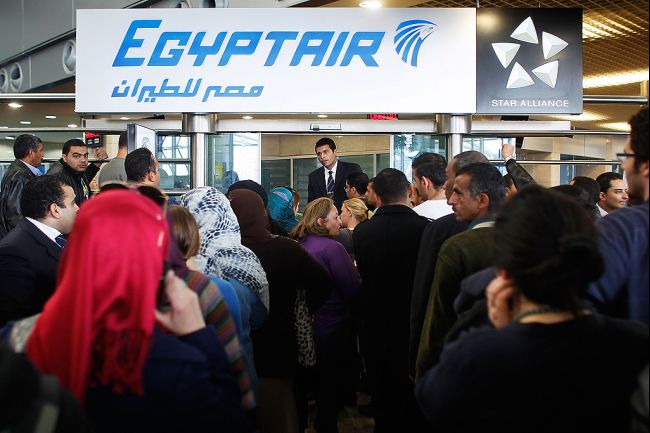Egypt has seen a record rise in tourist arrivals, amounting to about 300,000 tourists since July, according to Mohamed Kaoud, President of the Tourism and Aviation Committee at the Egyptian Junior Business Association (EJB).
Kaoud, who is also CEO of Egyliere Travel, said that the country’s daily tourism rate until the end of August stood at about 6,000, but dropped 60% to 2,400 once Egypt made the PCR test compulsory for travellers.
These numbers started increasing again to over 3,000 tourists a day, Kaoud said, with Egypt also witnessing a 26% rise in search for domestic tourism during the summer of 2020.
Searches for domestic flights also rose, by 53%, as more Egyptians looked to travel within the country given the difficulties of international travel due to the novel coronavirus (COVID-19) pandemic.
Kaoud said that tourism is a critical sector for Egypt’s economy, given the strategic and economic importance of both outbound and inbound travel and the serious situation that businesses face due to the pandemic.
He also said that tourism constituted 10% of the average total income of the world’s economies prior to the pandemic. The sector represented 18 % of Spain’s income, 16 % of France’s income, 11.9 % of Egypt’s income, and 3.5% of Saudi Arabia’s income.
At a recent global webinar on the tourism industry, experts emphasised the importance of domestic tourism, and that it provides a natural choice for many travellers who might find international travel difficult.
Stakeholders should stay prepared for this eventuality, as domestic tourism has unlimited opportunities that need to be promoted through proper branding. Domestic flight numbers should start increasing gradually, with Egypt needing to ensure that travellers can easily access tourist destinations in the country.
Kaoud said that the travel industry is in desperate need of an urgent and further tailored support package to enable its survival.
“Working in collaboration with our partner organisations gives us all a combined voice which the government can consider and act upon,” he said. “We are strategically thinking of saving the future of the travel industry, and achieving sustainable tourism and hospitality growth that will save jobs and businesses, and add further opportunities for recruitment that runs alongside Egypt’s Vision 2030.”
The UN’s World Tourism Organization (UNWTO) reported that 53% of destinations worldwide have now started easing travel restrictions introduced in response to the COVID-19 pandemic. Destinations that eased travel restrictions generally have high levels of health and hygiene infrastructure, as well as a comparatively low infection rate.
Kaoud said that Egypt’s infection rate is quite low, with hygiene standards constantly improving and a health infrastructure that is getting better and better on a daily basis. With the country also constantly developing roads, clinics and hospitals, Egypt has the opportunity to capture internal destinations and increase tourism.
He added that Egypt should take on a leading role in the region, with its private sector, supported by the Egyptian government, working with regional partners to provide combined packages. This would also see extensive marketing to further strengthen relationships and provide sustainable growth for each party.




